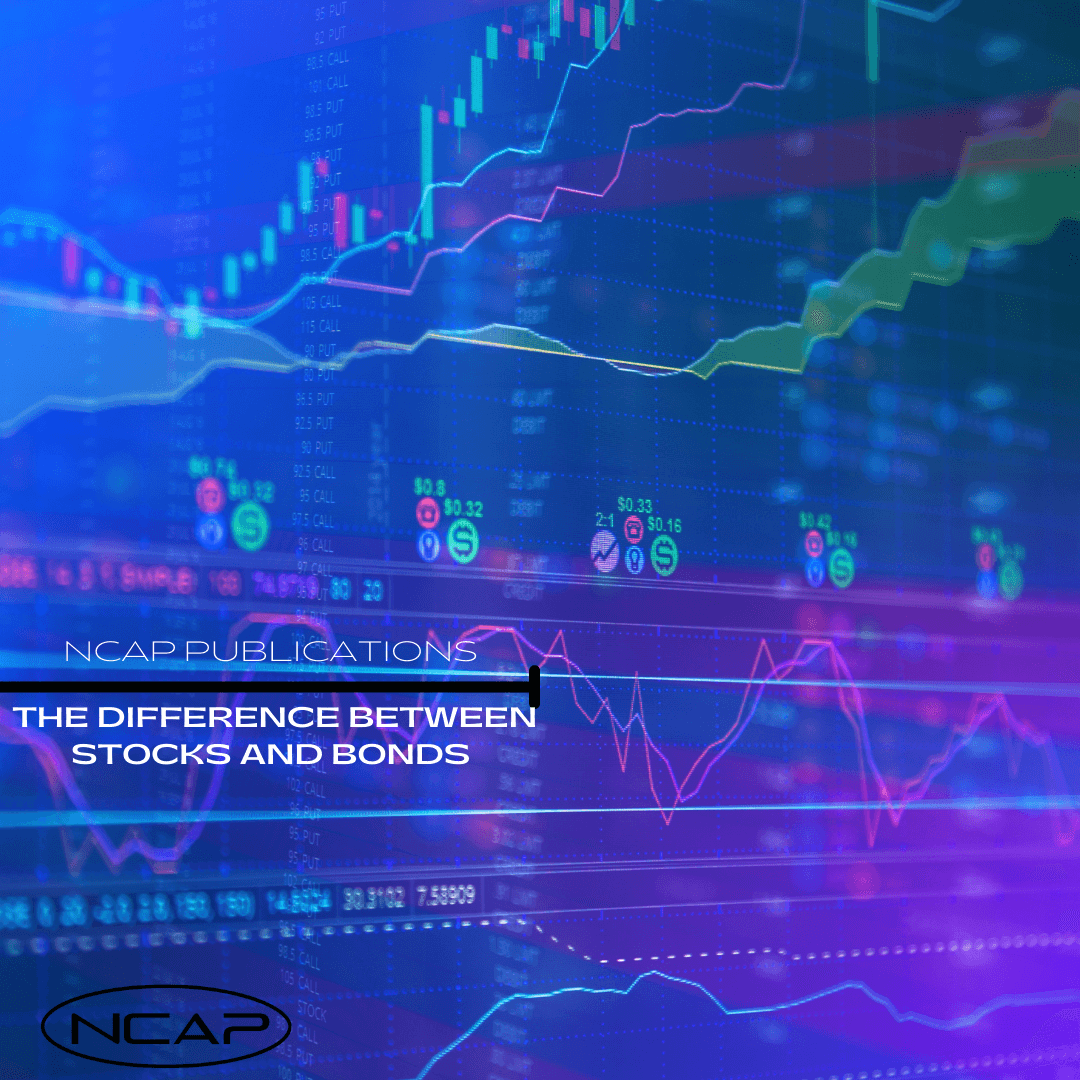All businesses require capital to grow, and they achieve this by issuing either stocks or bonds. Stocks and bonds are certificates sold to raise money for starting a new company or expanding an existing company; both are also referred to as securities.
Stocks
Stocks are certificates of ownership. A person who buys stock in a company becomes one of the company’s owners. As an owner, the stockholder is eligible to receive a dividend or share of the company’s profits. The amount of this dividend may change from year to year, depending on the company’s performance. Well-established companies try to pay stockholders as high a dividend as possible.
There are two types of stock: common stock and preferred stock. Owners of common stock may vote for company directors and attend annual stockholders’ meetings. At these meetings, they have the chance to review the company’s yearly performance, its plans for the future and to present their ideas. Owners of preferred stock do not usually have voting rights or the right to attend stockholders’ meetings. They do, however, have priority when dividends are paid. The dividends on preferred stocks are paid according to a set rate, while the dividends on common stocks fluctuate according to the company’s performance. However, if the company does well, preferred stocks do not usually gain in value as much as common stocks. If a company goes out of business, preferred stockholders are paid off first.
Bonds
Bonds are certificates that promise to pay a fixed rate of interest. A person who buys a bond is not purchasing ownership in a company but is lending the company money. The bond is the company’s promise to repay that money at the end of a specific time, such as ten, fifteen, or twenty years. The bondholder is paid interest at regular intervals in return for lending the company money. The interest rate is based on general interest rates in effect at the time the bonds are issued and on the company’s financial strength. Bonds generally pay more money than preferred stocks do, and they are usually considered a safer investment. Bondholders are paid before both preferred and common stockholders if a company goes bankrupt.
Local, state and national governments also issue bonds to help pay for various projects, such as roads or schools. The interest the bondholder receives from state and local bonds—also called municipal bonds—is usually exempt from taxes.
Which Investment is Right for Me?
Stocks are inherently more volatile than bonds as they do not provide investors with fixed interest rates, and their value can fluctuate wildly depending on market sentiment, company performance and many other factors. Investors who value capital preservation and security above growth should allocate more capital to bonds; investors who are comfortable with risk and can afford to lose some of their wealth can allocate more to stocks.
Current Market
In the market, stocks are showing signs of being overvalued and have reached all-time high valuations after a 13 Year bull run – the longest in history. With many obstacles facing the global economy, now is possibly the worst time to consider investing in stocks in recent years. Bond investors, however, can rest assured that providing they have chosen bonds from stable issuers, their capital is safe, and returns will continue throughout any stock market volatility.
How Can we Help?
NCap Savings specialise in asset backed bonds, private equity, real estate, and pension rescue. To learn more about the different ways we can help you, contact us today. Call +44 (0) 208 6293606 or +971 4 580 0818. Alternatively, email [email protected].


Recent Comments